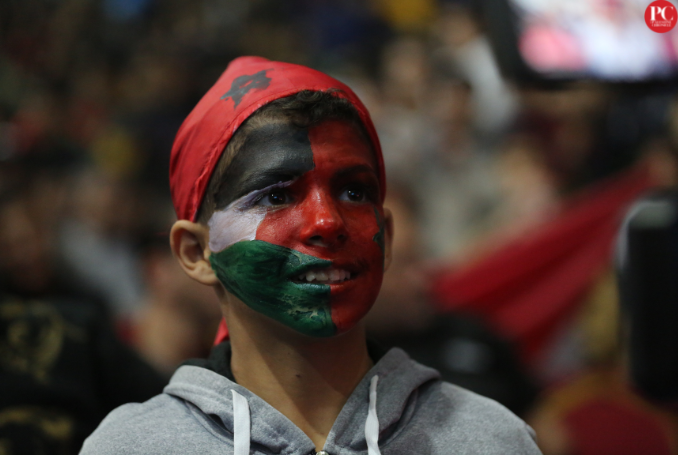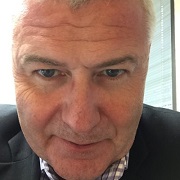
By Kieran Baker
On a field in the middle of the Middle East, on the edge of history, Morocco will step out Wednesday evening into the embodiment of it’s true self; as the first African and Arab nation to make it to the World Cup semifinals since the tournament began in 1930.
Morocco’s national football team will be playing against France, the defending world champions and former colonial power, and for a whole lot more. Pride, dignity and even footballing prowess as this Moroccan side is like no other, in this wild and wonderful World Cup. Anything can happen. The Atlas Lions are about to roar.
France are favored to win this match, but more importantly, a globe of people, think little Morocco on the Edgware Road meets the corner of Steinway and 25th Ave in New York, those who see themselves in their players in between the boundaries of Africa and Arabia. Fearlessly and faithfully saying that we are not your inferiors, of the formerly colonized world.
Players named Hakim Ziyech, Achraf Hakimi and Sofiane Boufal reversed the French pipeline of poaching Africa’s footballing talent to pursue World Cup gold. Opinion pieces in the Guardian have made the excellent point that “through steadfast play during five matches, followed by spiritual displays where the bowed heads of these footballers kissed hallowed fields then heads of their head-scarved mothers, the Moroccan team’s courage inspired a march toward history that is only one step away from football immortality, win or lose.”
So what else is in play here; Morocco’s footballing rise has disrupted more than just stereotypes around masculinity, Islam and even the idea that men’s football outside Europe and South America is below par. Though neither Israel nor Palestine played in the Middle East’s first World Cup, the Palestinian flag has been a feature on and off the pitch. Why does this matter? Maybe because there is a sense of humanity where football wins and politics, which should be on the back burner, is still a passion for fans in this small Qatar state that has not shied away from confronting issues through my alma mater Al Jazeera.
What I have loved the most though is seeing the powerful symbol of the importance of matriarchs in these respective cultures.
‘Islamic hadith’ or saying that paradise lies beneath the feet of your mother, promoted the gesture by the Moroccan players, to bow down, sends a message to the world that these mums, Arab Muslim mums, belong at the heart of the World Cup celebrations.
The Islamic reverence of mothers is embedded in Moroccan culture as well. One historian I spoke to recently explained that the blessings of parents, known as ‘rdat lwalidin’ in Moroccan slang, is a very holy and sacred concept in Moroccan society. So celebrating it all on the pitch is so symbolic.
Morocco is back on the world map again and, 26 Lions and their managing team have became a source of inspiration for many generations to come, whatever happens on Wednesday evening in Doha. This gateway nation to Africa will get to celebrate regardless with the prospect of playing either Argentina or Croatia this weekend. Viva Morocco!

Kieran Baker is an Emmy winning TV producer, writer and strategic communications specialist; board member of the Foreign Press Association, co-founder PDD and Director of the Journalists Action Network.





